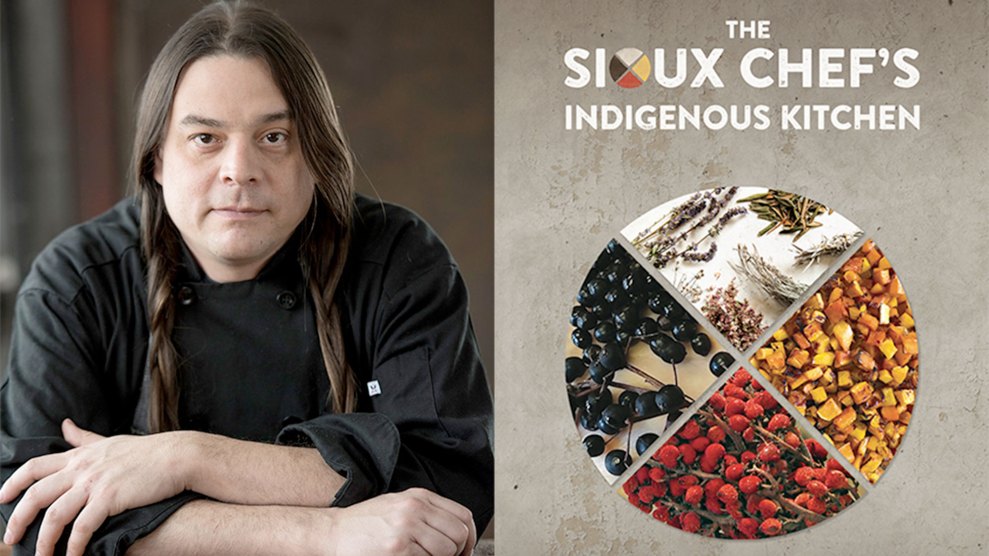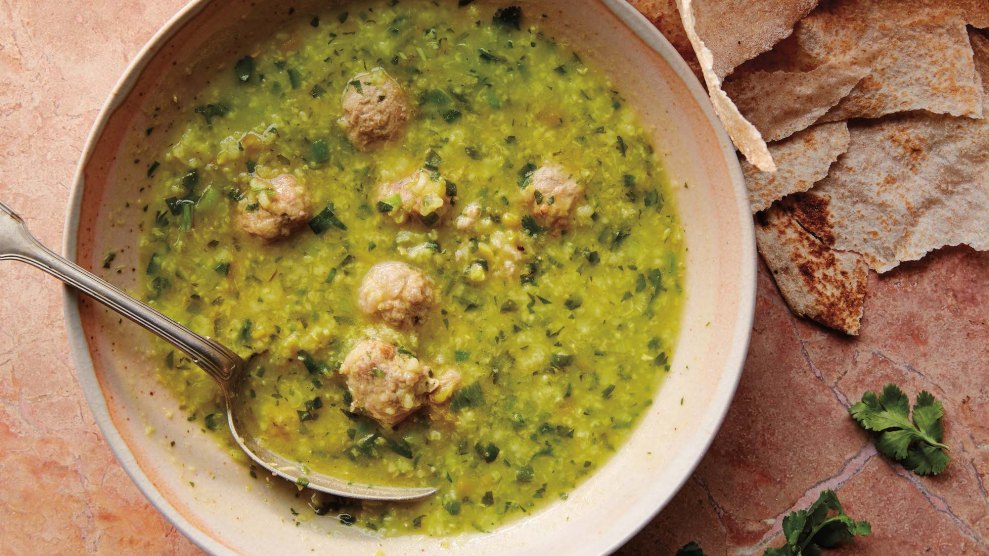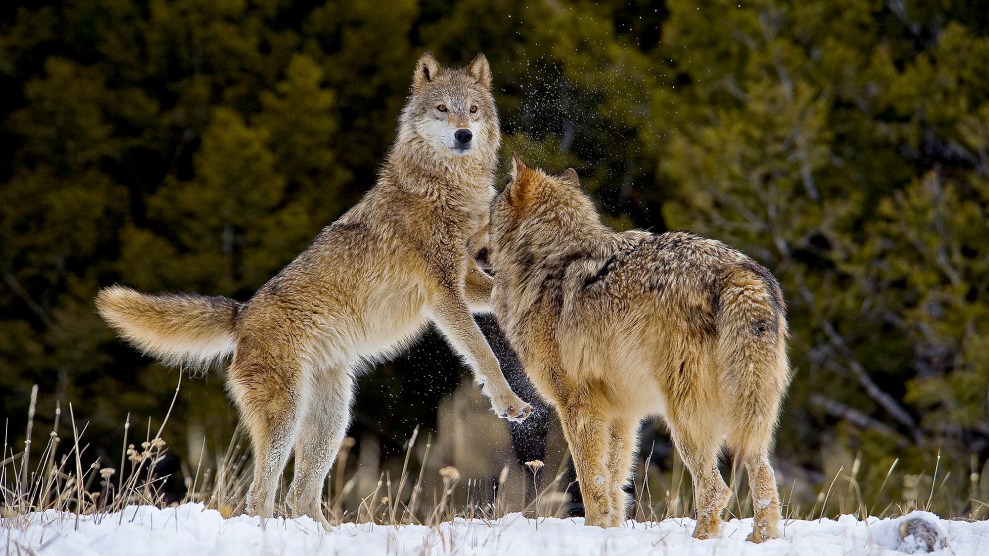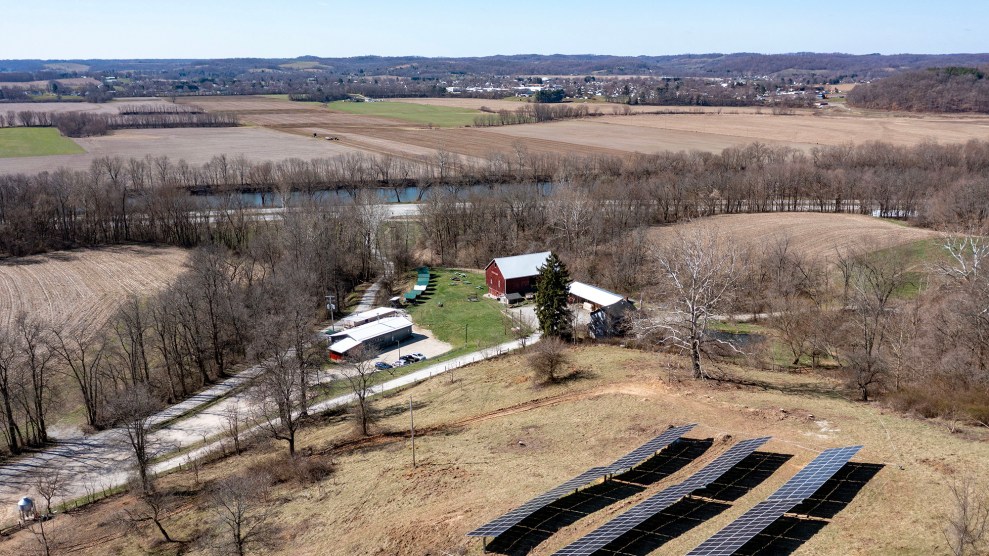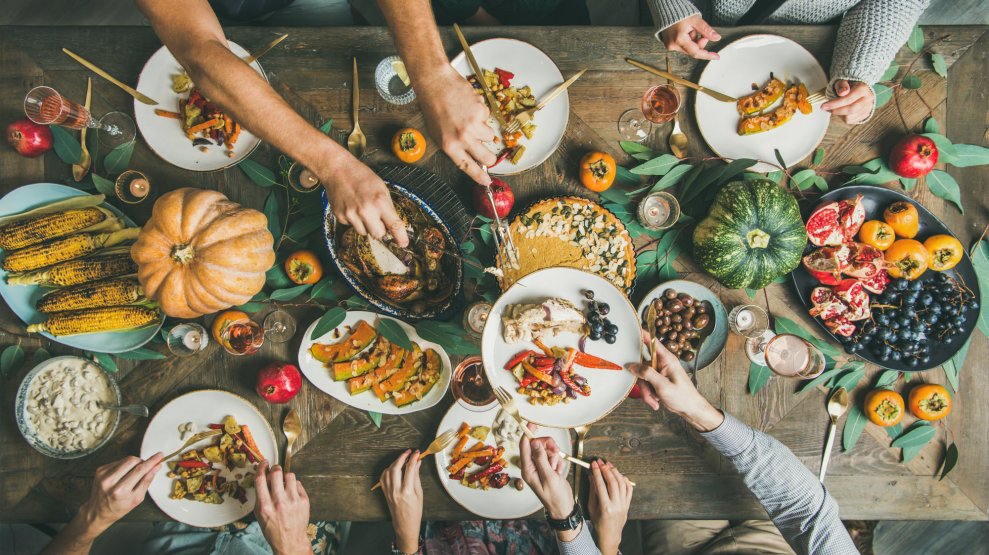
Foxys_forest_manufacture/iStock/Getty Images Plus
During my first years as a college student in the US, Thanksgiving was the holiday I’d almost always forget. It was several days off after a long week of papers, deadlines, and exams, yes, but I rarely thought about the traditional turkey feast. That’s because home, for me, is thousands of miles away in Thailand, and Thanksgiving was never really a holiday I grew up with.
Sure, I knew about American, and generally, Western holidays. One of my favorite books as a small child was a series of “Things to Make and Do” books for traditions like Christmas, Halloween, and Thanksgiving: I remember poring over the illustrations and being enchanted by the activities—thrilled most by the idea of dressing up for Halloween. I first started celebrating these holidays at my international school in Thailand, and soon enough my parents obliged me in bringing those festivities home as well: For Christmas one year they pinned socks to the top of a bookshelf, our makeshift mantel, and filled them with little gifts. Other years my mother would bring in a tree from our garden, the closest imitation of a Christmas tree we could find (until my sister bought us a plastic tree that now permanently sits in our foyer). We’d then put up lights, eat barbecue, and play jingle bells—a celebration I came to enjoy and expect just as much as Chinese New Year or Songkran.
Thanksgiving, though, was the exception. For whatever reason—perhaps because turkey doesn’t really exist in the country, or it often coincided with a major Thai holiday, Loy Krathong—Thanksgiving was mostly just a concept to me. So when my college friends would ask about my plans for the break, I’d often blank. (When was Thanksgiving, even?) I quickly realized that it was something my friends planned for weeks, if not months, in advance. And you were actually supposed to do something—not having Thursday dinner plans seemed odd.
My university had a program that matched international students with faculty and staff members for Thanksgiving dinners, so soon enough I was introduced to it all: cranberry sauce, sparkling apple cider, stuffing. One year, my French professor invited me to his family’s dinner. I remember being both surprised and bemused to see him explain, in much the same manner he would discuss Baudelaire or Flaubert’s Salammbô, the rules of football. (A sport that, despite his and many others’ best efforts, I still do not understand.) There, I also discovered the wonders of a perfectly made apple crisp.
Since then, I’ve been grateful to spend Thanksgiving dinner at many tables—from family homes in Pennsylvania to friendsgivings in New York apartments where there wasn’t a turkey in sight. And as I’ve continued to live in the US, I’ve loved hearing about the ways families don’t stick to the traditional American dinner at all. My editor, Julia, tells me that her Chinese- and Indian- American family once had a Thanksgiving dinner with turkey and take-out sushi. Another year, they had roast ducks. One friend, who is Mexican-American, tells me that her family deep-fries turkey and often pairs it with traditional Mexican dishes, like pozole. Last Christmas, she gathered her family to make tamales, a tradition started by her grandmother. “I really wanted to honor and revive that tradition I had growing up,” she tells me. “My grandma always emphasized the importance of remembering our culture, and as I get older I am understanding what she meant. Now, I definitely try to incorporate that into the holidays.”
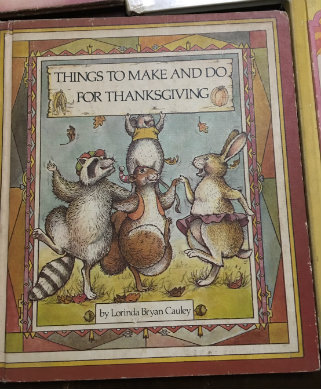
One of the “Things to Make and Do” books.
I recently asked my mom to send me some photos of the picture books I loved as a kid. It was a delight to see them again, and I can understand why I was so drawn to the series. But I’m also happy to know that those are no longer the only images that I associate with the holidays—that I’ve been able to see just how different, diverse, and multicultural those celebrations actually are. And regardless of what’s on the table, the holidays are an opportunity to gather with friends and loved ones, even honor each family’s backgrounds.
So, I’d love to hear from you: If you come from an immigrant family, or if you’re an immigrant yourself, how do you celebrate American holidays? What food do you eat, and who do you eat it with? How have you made the tradition your own? Or, do you skip it altogether? You don’t only have to talk about Thanksgiving—if there’s a certain way your family celebrates Christmas, New Year’s or any other holiday, we want to hear it too.
You can fill out the form below, send us an email at talk@motherjones.com, or leave us a voicemail at (510) 519-MOJO. We may use some of your responses for a follow-up story.

